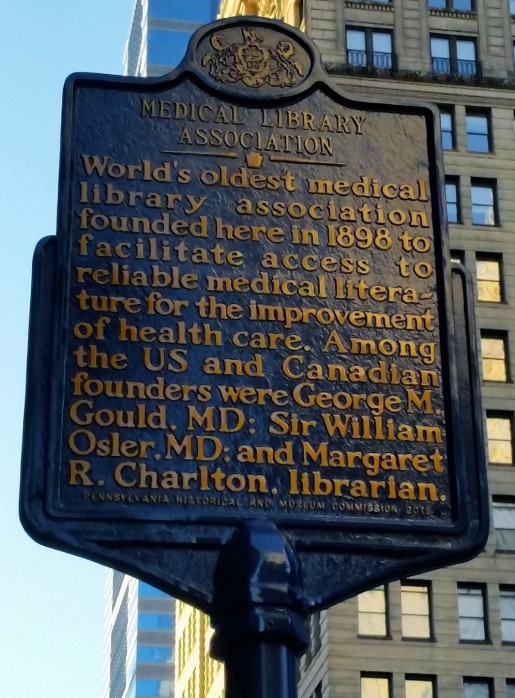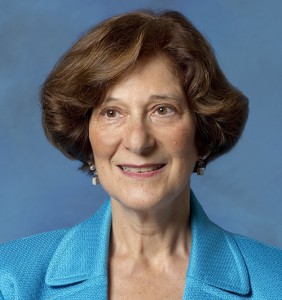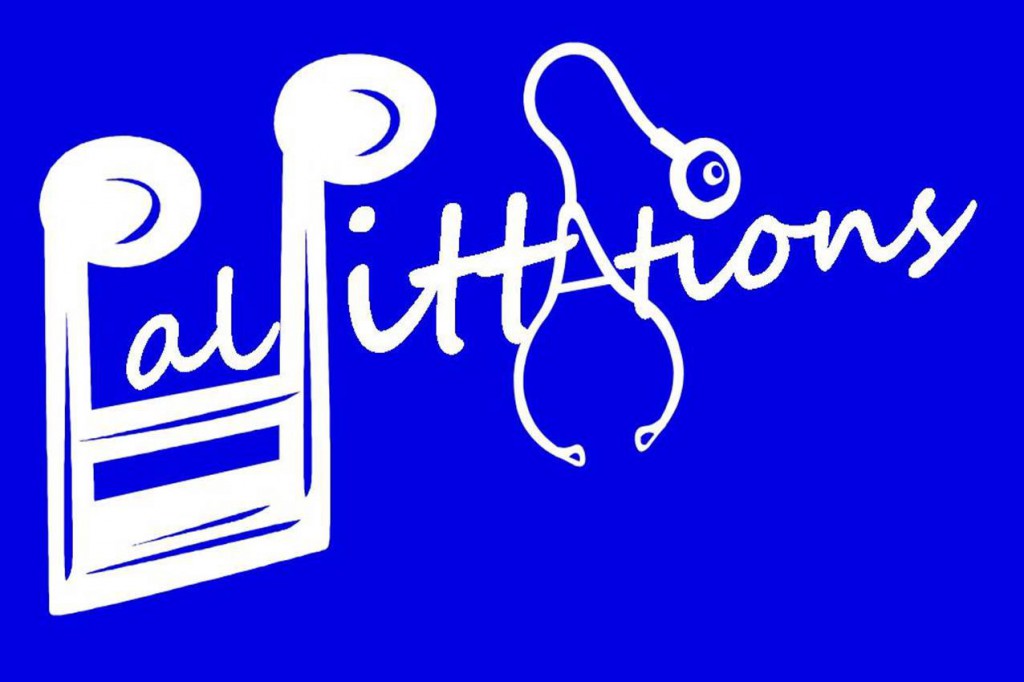Last year, 2015, marked the 500th anniversary of the birth of the great anatomist Andreas Vesalius. This was celebrated around the world by many events and writings lauding his famous work, Humani corporis fabrica libri septem (1543). This book is arguably the greatest treasure in Falk Library’s Rare Book Collections. Our contribution to the festivities is more practical than spectacular in nature, but it still shows our appreciation and the care with which we look after the De Fabrica. We upgraded the five-line description, which for years served to identify the work in our public catalog, to “full cataloging.” It may seem like a minor step, but to have a record describing the details of the volume, which precisely identify the copy that we have in our collection, is a matter of increased security. It is nearly as important as our physical safekeeping of the book behind a locked door in a climate-controlled environment.
The new description reveals the details specific to our copy. It traces the provenance to the 1914 purchase of the volume from a German bookseller by Dr. James D. Heard. He later donated 147 books from his collection (including the Vesalius) to our library. The enhanced description identifies all pages with handwritten annotations. It also describes the original 16th century binding and the remnants of its closures, and relates the physical state of the volume. These details characterize elements that are unique to our copy, and that are helpful in identifying variants, e.g., noticeable differences between copies of the same edition due to the manual process of printing and binding. It gives detailed information on pagination and numbering errors. Also provided are notes about large folded plates and their placement.
Alternate link for catalog record animation.
The record for the second edition of Vesalius’ De Fabrica (1555), also held in Falk Library’s Rare Book Collection, received the same “anniversary upgrade” as the 1543 edition.
These materials can be viewed in the Rare Book Room by appointment.
~Gosia Fort






 Get into the holiday spirit by joining us for a holiday concert performed by the PalPITTations, an a capella vocal group of health sciences students from the University of Pittsburgh. The PalPITTations will perform on Friday, December 11, at noon, on the upper floor of Falk Library. Light refreshments will be served. All are welcome for this free concert.
Get into the holiday spirit by joining us for a holiday concert performed by the PalPITTations, an a capella vocal group of health sciences students from the University of Pittsburgh. The PalPITTations will perform on Friday, December 11, at noon, on the upper floor of Falk Library. Light refreshments will be served. All are welcome for this free concert.